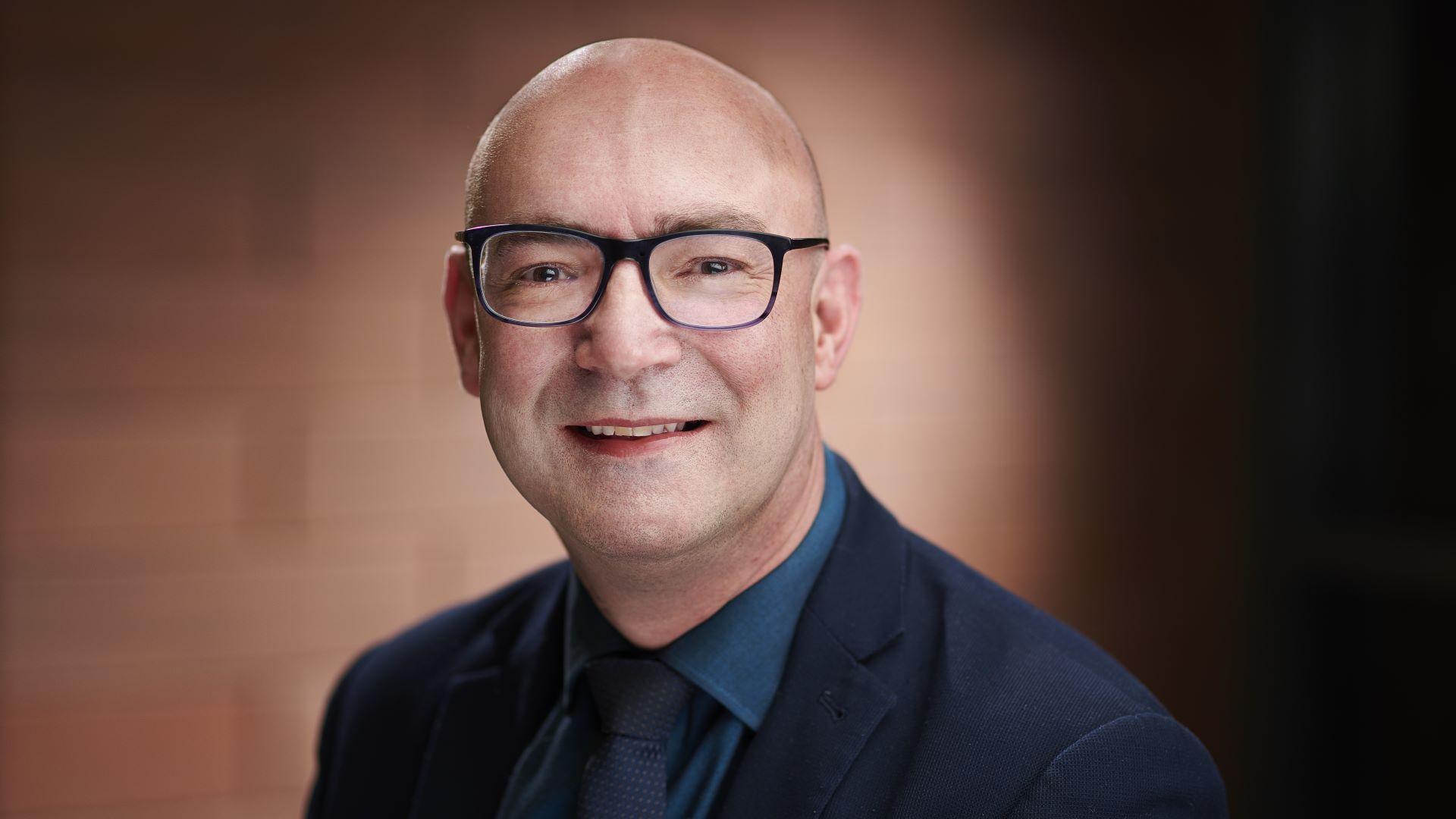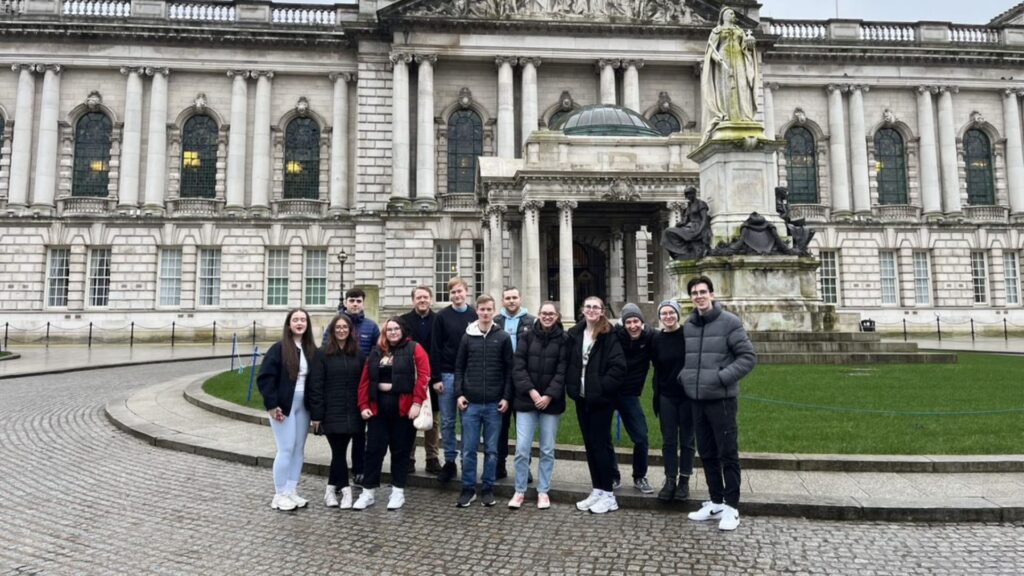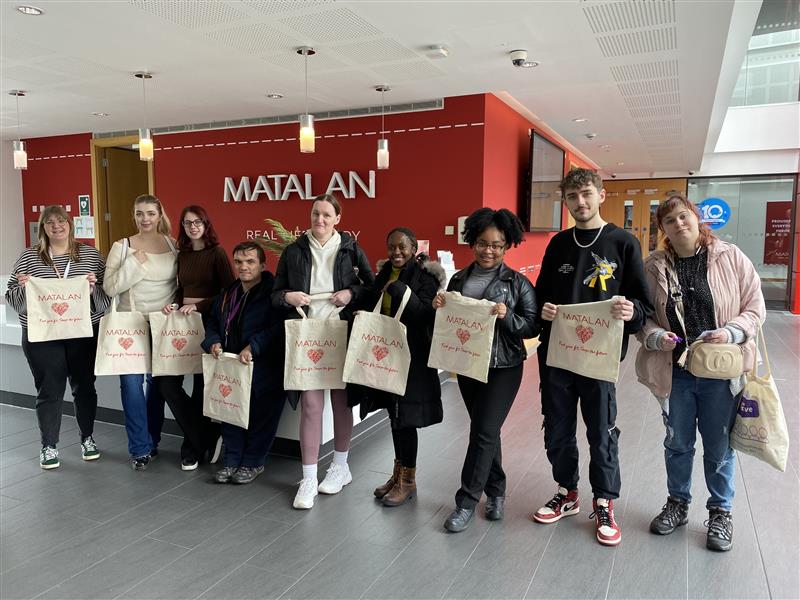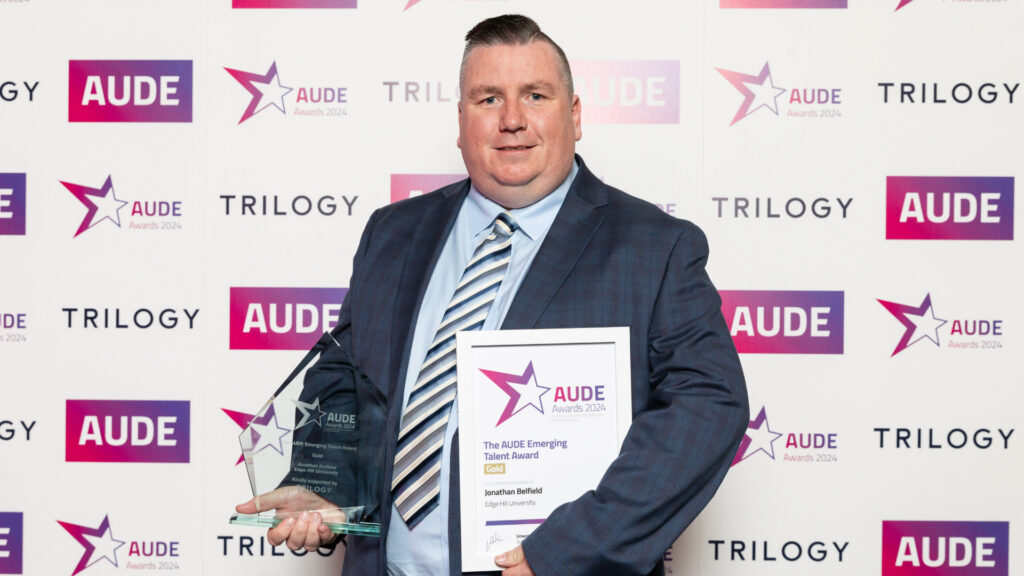In this opinion piece, he shares some of the experiences LGBTQ+ students in the modern world and will debate how these experiences can inform policy, shape discourse and improve inclusion for all.
I have carried out extensive research into the experiences of LGBTQ+ students in higher education which points to existing problems with discrimination and prejudice throughout the sector.
Existing research on the topic is dominated by tragic and impactful accounts which document students’ lived experiences of discrimination and prejudice.
The body of research on this topic demonstrates that LGBTQ+ students can experience problems in being excluded or facing challenges meeting new people. These issues can be compounded with LGBTQ+ students sometimes being estranged from their families and potentially experiencing financial difficulties as a result.
In addition, the lack of visibility of LGBTQ+ content in the higher education curriculum results in some students experiencing a sense that they do not belong. I have read accounts of young people negotiating their sexuality to fit in with socially constructed norms.
Although it is important that research captures these negative experiences, portraying queer lives through a victimised lens only partially represents the experiences of LGBTQ+ students. Accounts which document student agency, courage and resilience are less evident in the literature.
My research offers a balanced perspective into the experiences of my participants. I will explore the multiple identities of my participants, drawing on post-queer perspectives.
I will also highlight the implications of the accounts of my participants for higher education institutions. I will look at the data behind the stories and demonstrate how my data can usefully inform the development of a whole institutional approach to LGBTQ+ inclusion.
In addition, I will draw on multiple and multi-dimensional transitions theory, the idea that transitions are multiple, synchronous and ongoing, to explore the various transitions that my participants experienced and the implications of this framework for institutions.
Finally, I will draw on my previous research to raise questions about the meanings of inclusion and the challenges that inclusion can present.
I hope that those listening to the talk learn something about the experiences LGBTQ+ students in the modern world, as well as seeing how these experiences can inform policy, shape discourse and improve inclusion for all.
The public lecture takes place on 7 December, 5.00pm – 7.00pm at Edge Hill University’s Ormskirk campus, in the Law and Psychology building. To book your place visit edgehill.ac.uk/event. The event is hybrid and participants can also join in online.
December 2, 2022



